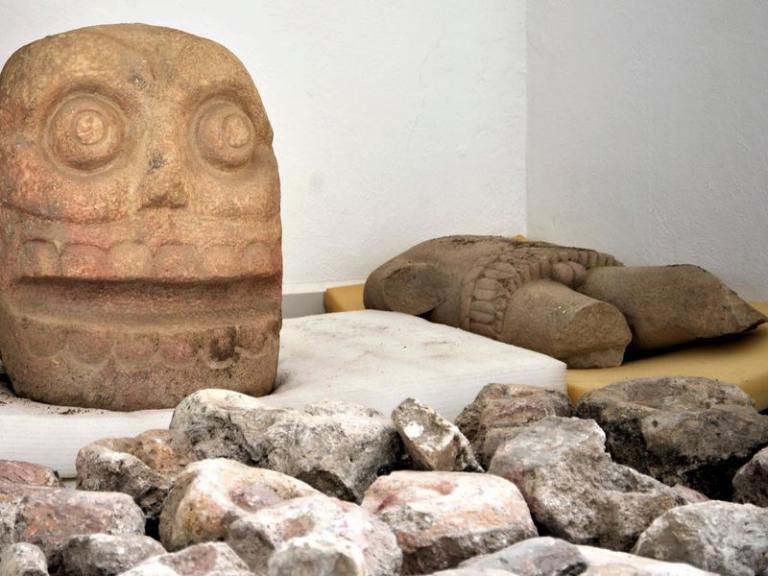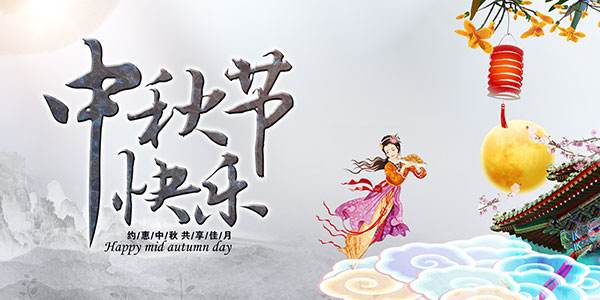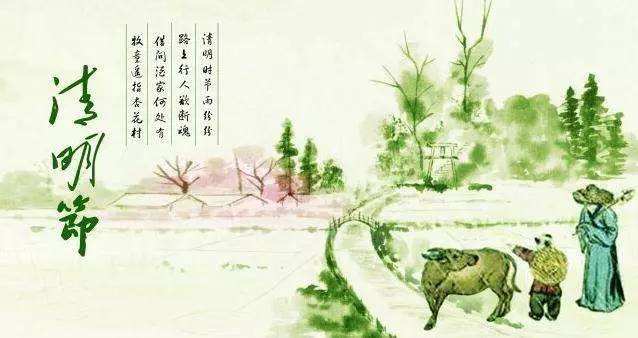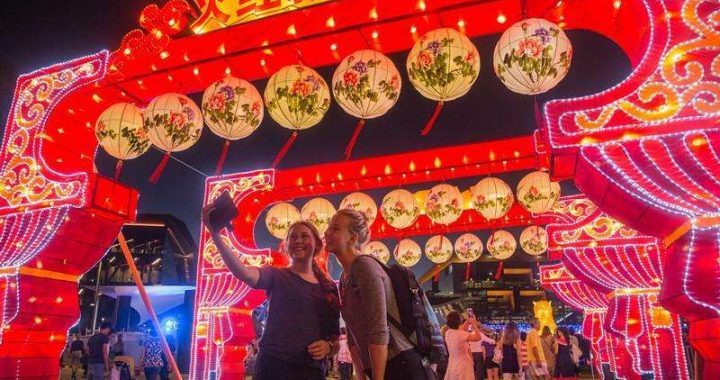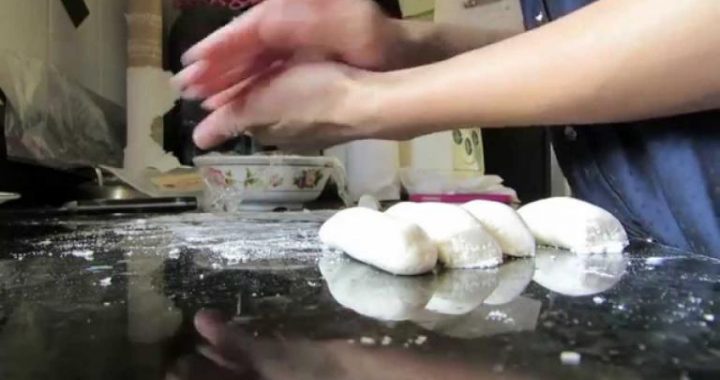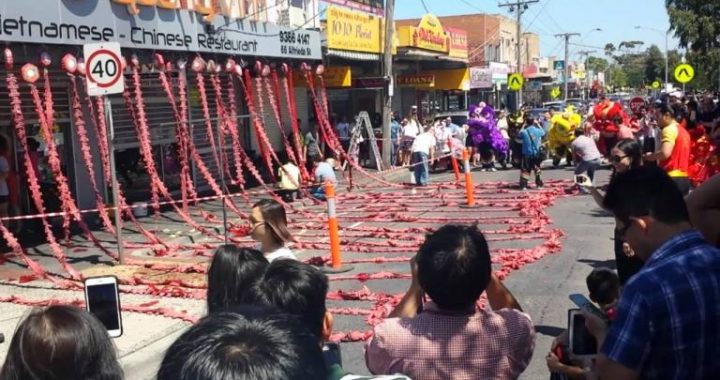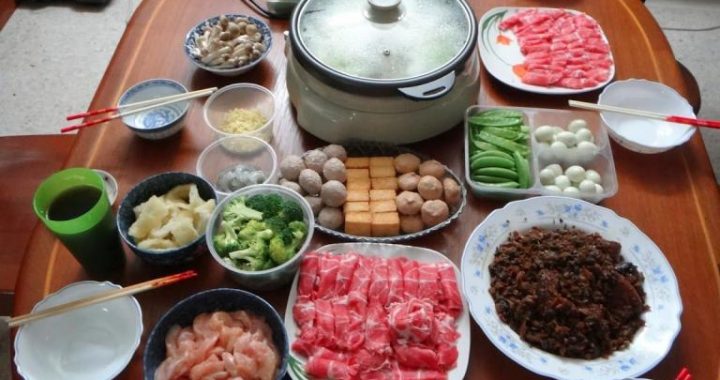Dedication of Sacrifices in China
5 min readEid al-Adha is a festival for all Muslims in the world. There are ten ethnic groups believing in Islam in China: the Hui, Uygur, Kazak, Ozbek, Ta jik, Tatar, Kirgiz, Salar, Dongxiang and Bonan. Because various ethnic groups’ historical and cultural backgrounds and living areas are different and they began to believe in Islam in different periods, these ethnic groups share common features and have difference with respect to Eid al-Adha.
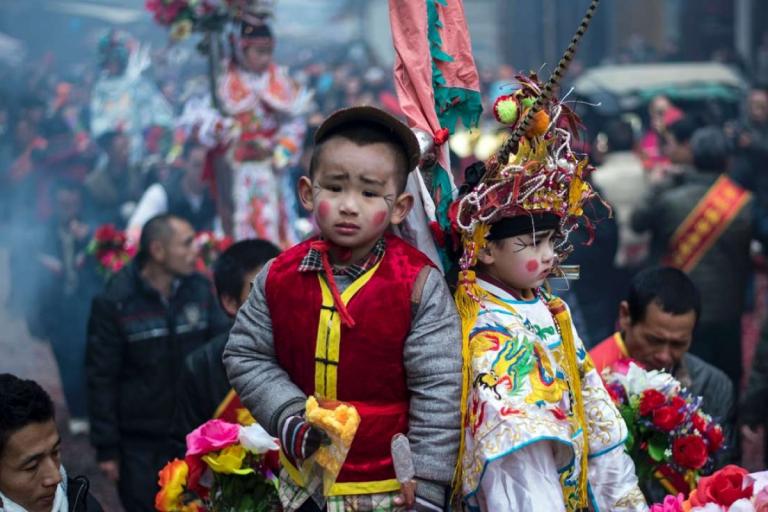
“Al-Adha”is a transliteration of the Arabic word for sacrifice and dedication, so Eidal-Adha is also called Feast of the Sacrifice and Feast of Dedication. The time of Eid al-Adha is the 1oth day of the 12th month of the Islamic calendar. Islamic calendars include the solar calendar and lunar calendar. The solar calendar is used for agriculture and basically the same as the Gregorian calendar with one year consisting of 365 or 366 days. The lunar calendar is used for religion with one year consisting of 354 or 355 days, about ten days less than a cycle of the four seasons. According to The Quran, the time of Eid al-Adha coincides with the last day of Muhammad’s pilgrimage; therefore, Eid al-Adha has the meaning of celebrating the completion of the pilgrimage. Eid al-Adha originated from a legend recorded in The Quran. It is said that Allah appeared in Abraham’s dream and orderedhim to kill his son Ismail in order to test Prophet Abraham’s loyalty. Ismail was Abraham’s son born when he was 50 years old, and was treasured and loved by him very much. After receiving Allah’s order, Abraham felt great grief. After Ismail learned it, he comforted his father and, with great filial piety, asked him to sacrifice him according to Allah’s instruction. Just when Abraham was about to cut his son Ismail’s throat with a knife, Allah sent an angel to replace Ismail with a sheep. The Quran says,”O Abraham! You have fulfilled the vision. Indeed, We thus reward the doers of good.”To commemorate this event and thank Allah, Muslims include sacrifice of cattle as one of the pilgrimage rituals. The religious rules prescribe, all Muslims, if economic conditions permit, must hold cattle sacrifice ceremonies every year. Cattle sacrifice and pilgrimage have the same meaning, and the purpose is to approach Allah, so Muslims later killed one sheep for commemorationto celebrate Eid al-Adha. As a result, Eid al-Adha has a profound meaning of dedication of sacrifices.
The whole Muslim society begins to do busy preparatory work before Eid al-Adha.Mosque preachers begin to explain the origin,ceremony procedure and significance of Eid al-Adha and clarify the obligations that Muslims should fulfill during the festival.Before the festival,Muslims should examine their words and deeds,and buy and feed carefully the sheep to be dedicated,which must not be lambs or have defects such as blindness and lameness.Housewives should buy new clothes for family members,clean houses,and prepare festival foods such as oil fried wheaten food and pancake of wheat or corn flour.
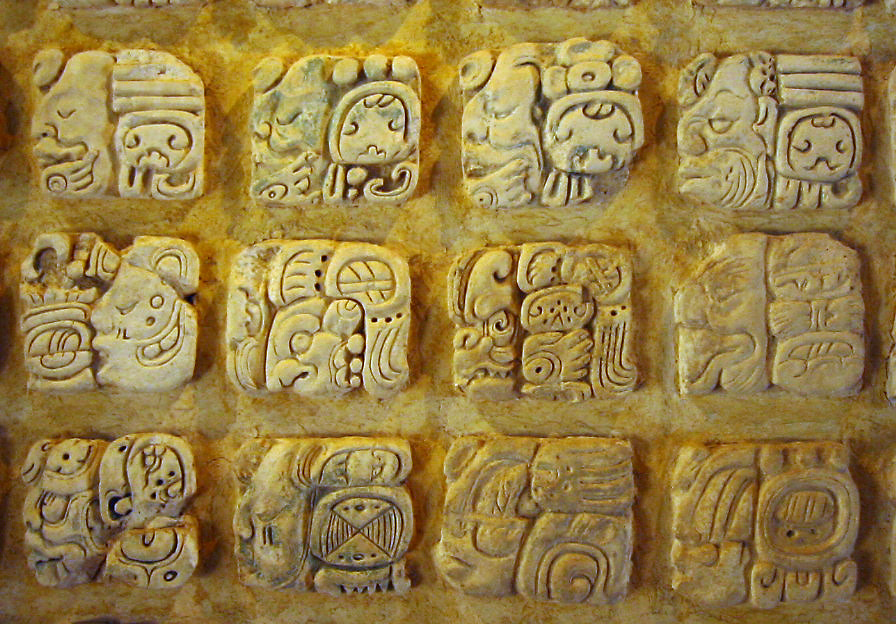
To sum up,all Muslims try their best to celebrate Eid al-Adha and entertain guests with courtesy and warmth.They think”families with guests are like bazars and families with no guest are like mazars (graveyards).”If distinguished guests gather in a family during Eid al-Adha, this family will enjoy good reputation.
Eid al-Adha is mainly celebrated in three days from the 1oth day to the 12th day of the 12th Islamic calendar. In the first day’s early morning, the tomb visit ceremony is held first on the basis of families. People come to the tombs of their family members and friends and kneel on a prayer rug, and elders read The Quran and spray water and grains of wheat to the mound. In Kashgar, Xinjiang, some Muslim women also sing elegies during the tomb visit in a plaintive voice to commemorate the dead.
After the tomb visit, Salat al-‘ ld takes place in a mosque. According to the provisions of The Quran, all men over 12 years old must attend religious service in a mosque. In some areas, women cannot enter mosques, so Salat al-‘ Id ceremonies are attended by Muslim men mostly. Tahara is held before Salat al-‘ Id, generally referring to washing away the dirt on the body with water and silently reading certain litanies or eulogies during every movement. Tahara can be classified into ghusl and wudu. The former refers to washing the whole body from head to toe and is called a shower; the latter refers to washing the hands, gargling, washing the nose holes, washing the face, washing the forearms below the elbows, wiping the head with the wet hands, wiping the ears with fingers, and washing both feet, and is called a wash. Tahara is intended to clean the mind and promote correct inner belief and pure mind. All participants in Salat al-‘ Id must perform ghusl after getting up. After Tahara, when Muslims hear adham summoning Muslims to religious service, they chant”Great Allah”and rush to mosques in groups at the same time.
Salat al-‘ld is held in the period from sunrise to noon.People take off their shoes,stand on the prayer rug orderly,and wait for the beginning of religious service piously and silently.Salat al-‘Id is presided over by the mosque’s Ahung.Under Ahung’s guidance,tens of thousands of people chant”Great Allah”and read related chapters of The Quran.
Solemn scriptures and teachings spread both in and out of mosques through loudspeakers, and tens of thousands of people are immersed in gratitude for Allah and happiness and their spirit is purified and sublimated. At the end of religious service, solemn and serious people begin to shake hands with each other for the festival, leave mosques orderly and celebrate Eid al-Adha. On the square in front of the Et gar Mosque in Kashgar, Xin jiang, the sounds of naqqara drums and suona horns are heard at the same time, and people begin to perform sama dances. In the next two days, relatives and friends begin to gather and pay visits. Sacrifice of cattle also takes place in this period because according to the provisions of The Quran, only sacrifice of cattle in these three days has the holy meaning of dedication of sacrifices.
The ceremonies performed by different ethnic groups perform during Eid al-Adha are basically the same as that performed in mosques, and differences are more reflected by folk celebrations after Salat al-‘ Id. Hui people in Gansu, Ningxia and Qinghai sing cheerful
“Huaer”songs after the end of Salat al-‘ Id during Eid al-Adha, and Kazak people also hold traditional entertainment activities such as horse races, scrambling for a sheep and wrestling during Eid al-Adha.
